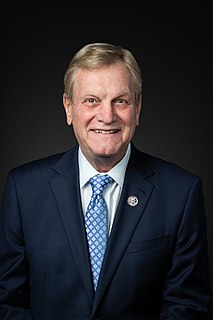A Quote by Rae Carson
Some of the most common pitfalls I see occur when authors don't check their privilege. Billions are living in a personal apocalypse right this second, so a little research and empathy can go a long way toward developing a convincing world.
Related Quotes
That's really the essence of what any fiction writer does. Some of it is research-based, but most of it is a really long-term, imaginative, empathetic effort to see the world the way someone whose experiences remote from yours might see it. Not every writer works that way; some writers make a wonderful career out of writing books that adhere very closely to how they view the world. The further I go with this, the more interested I get in trying to imagine my way into other perspectives that at first seem foreign to me.
I love playing for my country. I see it as the biggest privilege of my career, so there's no way I'm going to volunteer to give that up. I want to go on for as long as I can. I've got 68 caps and I'd love to think I could get 100. I know there are some players who reach their 30s and announce their international retirement. I totally understand and respect their decisions. We are away a lot and for long spells. But although it's hard, we're doing one of the most privileged jobs in the world.
We're not going to persuade people in the developing world to go without, but neither can we afford a planet on which everyone lives like an American. Billions more people living in suburbs and driving SUVs to shopping malls is a recipe for planetary suicide. We can't even afford to continue that way of life ourselves.
The most dangerous thing, when you have a serious mental illness, is convincing yourself that you don't have it. And you see it all the time. People get on medication, and they feel better, and they stop taking it. And some flirt with unreality on some levels. But it feels so convincing to them that it feels real.
Nuclear terrorism is still often treated as science fiction. I wish it were. But unfortunately we live in a world of excess hazardous materials and abundant technological know-how, in which some terrorists clearly state their intention to inflict catastrophic casualties. Were such an attack to occur, it would not only cause widespread death and destruction, but would stagger the world economy... [creating] a second death toll throughout the developing world.
Democracy is extremely complex; it is extremely concrete. It's about constantly choosing, finding, developing practical options within the common good. Constantly searching for how to express in a practical way the common good, not in some grand way, some grand and absolute way, but in a very comfortable way.






































